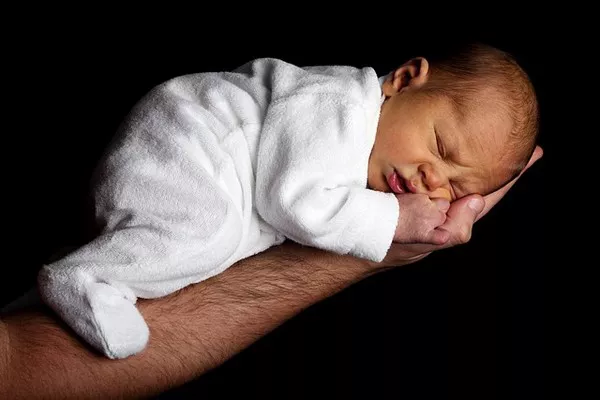Cold in babies is a common concern for parents, especially during the colder months when respiratory viruses are more prevalent. Understanding the symptoms and causes of the common cold in babies is crucial for effective management and care. This article aims to provide comprehensive insights into the topic, addressing common questions such as prevention strategies and the impact of parental colds on newborns.
Understanding the Symptoms of Cold in Babies
Recognizing the symptoms of a cold in babies is essential for timely intervention. Infants may exhibit signs such as a runny or stuffy nose, sneezing, coughing, and mild fever when they catch a cold. It’s important for parents to differentiate between a common cold and more serious illnesses to ensure appropriate care is provided.
Causes of Cold in Babies
Several viruses can cause colds in babies, with rhinoviruses being the most common culprits. Other viruses, such as respiratory syncytial virus (RSV) and adenovirus, can also lead to cold-like symptoms. Cold viruses are highly contagious and can be spread through respiratory droplets when an infected person coughs or sneezes. Babies are particularly vulnerable to these infections due to their developing immune systems.
Can I Prevent My Newborn from Catching My Cold?
Preventing a newborn from catching a cold requires a combination of hygiene practices and environmental measures. Firstly, maintaining good hand hygiene is crucial, and parents should wash their hands regularly, especially before handling the baby. Additionally, avoiding close contact with the baby when experiencing cold symptoms can reduce the risk of transmission.
Furthermore, keeping the baby’s environment clean and sanitized helps minimize exposure to germs. Regularly disinfecting commonly-touched surfaces and toys can create a healthier living space for the baby. While it may not be possible to completely eliminate the risk, these preventive measures can significantly reduce the likelihood of a newborn catching a cold.
What Happens if Newborn Catches My Cold?
If a newborn catches a cold, parents should be vigilant in monitoring their baby’s symptoms and seek medical attention if needed. Cold in babies can lead to complications such as ear infections or respiratory issues, which may require medical intervention. It is crucial to consult with a pediatrician to determine the appropriate course of action and ensure the baby receives the necessary care and treatment.
The Impact of Parental Colds on Newborns
Parents often wonder whether a newborn can avoid catching a cold if they themselves have one. While it is challenging to completely prevent transmission within the household, taking precautions can help minimize the risk. Parents should use tissues or their elbows to cover their mouths and noses when coughing or sneezing, and dispose of tissues promptly. Wearing a mask when caring for the baby and practicing good respiratory hygiene can contribute to reducing the spread of viruses.
It’s important to note that breastfeeding can provide some level of immunity to the baby. Breast milk contains antibodies that help protect infants from infections, including those causing colds. Therefore, mothers are encouraged to continue breastfeeding even if they have a cold, taking extra care with hygiene to avoid direct transmission.
When to Seek Medical Attention
While most colds in babies resolve on their own with proper care, there are instances where medical attention is necessary. Parents should seek prompt medical help if the baby experiences difficulty breathing, persistent high fever, or shows signs of dehydration, such as decreased urine output or lethargy. Additionally, if cold symptoms persist or worsen, a healthcare professional should evaluate the baby for any underlying issues.
Home Remedies for Cold in Babies
In addition to seeking medical advice, parents can employ gentle home remedies to alleviate their baby’s cold symptoms. Using a cool-mist humidifier in the baby’s room can help ease congestion, and saline drops can be administered to moisten nasal passages. Adequate hydration is crucial, so parents should ensure the baby drinks sufficient fluids, whether through breast milk or formula.
Elevating the baby’s head slightly during sleep and creating a comfortable and quiet environment can promote restful sleep, aiding the body’s natural healing process. However, it’s essential to consult with a healthcare professional before using any over-the-counter medications, as many are not suitable for infants and may pose risks.
Conclusion
In conclusion, understanding the symptoms and causes of cold in babies is vital for parents to provide the best possible care for their infants. While it may be challenging to entirely prevent a newborn from catching a cold, adopting hygiene practices and taking appropriate precautions can significantly reduce the risk. Timely medical attention and the use of gentle home remedies can further aid in the management of cold symptoms, ensuring the well-being and comfort of the baby.


